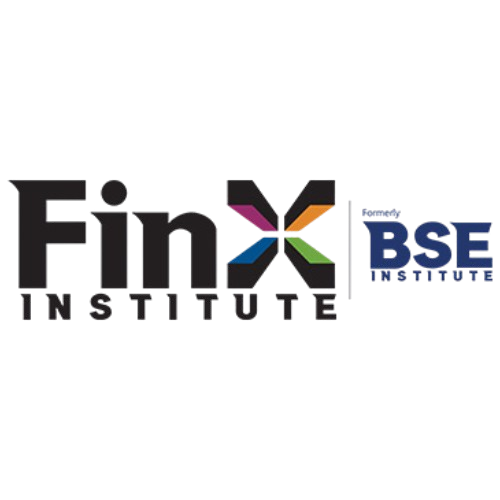As companies and individuals rely more on technology, the finance sector is no exception. Financial technology is revolutionising the way we handle finances with its innovative applications. In recent years, fintech has emerged as one of the hottest industries in the tech world. Everyone is demanding a piece of the action, from startups to established tech giants.
But what exactly is fintech?
Fintech is a term to describe financial technology. Essentially, it is using technology to make financial services more efficient and accessible. This can include mobile payments and money transfers to investment platforms and digital currencies.
The financial technology industry is multiplying, with new startups and products always appearing. This can make it seem daunting for someone looking to get into the industry. But don’t worry; we’ve got you covered.
This guide will reveal how to get into fintech, whether you’re a seasoned professional or just starting out.
So let’s get started!
Why is a Career in Financial Technology Fruitful?
A career in financial technology can be extremely fruitful for a number of reasons:
- The fintech industry is growing at an unprecedented rate, meaning there are plenty of opportunities for talented and ambitious individuals to make a name for themselves.
- The skills and knowledge gained from financial technology courses and working in fintech are highly transferable, meaning that they can be applied to other industries should you ever decide to change career paths.
- The pay in fintech is often excellent, with many companies offering competitive salaries and generous benefits packages.
Steps to Enter the Fintech World
Entering the fintech world is a great way to stay ahead of trends and benefit from new technologies in finance. Here are some steps you can take to get started:
1. Familiarize Yourself With The Latest Financial Trends – The first step to entering the fintech world is understanding what it is, how it works, and what its implications are for finance industry stakeholders. You should research current topics such as blockchain technology, artificial intelligence (AI) applications, open banking regulations and digital payment solutions.
2. Connect with Professionals – Join professional networks such as LinkedIn or specialised forums dedicated to different aspects of the fintech space where you can ask questions, learn from experts and discover new career opportunities in this domain. It’s important to the network since many industries have moved online due to the coronavirus pandemic.
3. Develop Technical Skills – Employers look for candidates who possess strong programming knowledge if they want them to work on developing algorithms or creating software systems for trading platforms etc. You should consider taking courses available online in related areas, such as coding languages like Python and R, which will be beneficial for efficient data analysis & management tasks involved in this field.
Job Opportunities in Fintech
Fintech is an exciting field to explore for job opportunities. It offers the potential to work with innovative technology and be part of a rapidly growing industry. Fintech combines financial services with cutting-edge technology, allowing professionals to create new products and services that have never been seen before. Job roles in fintech can range from software engineers building applications or back-end systems, product managers driving innovation within their teams, data scientists extracting insights from vast information repositories, marketing experts crafting campaigns that drive customer engagement and salespeople who bring these products to market. As this sector continues its rapid expansion over the coming years, there will be plenty of jobs available for those looking for a career in fintech.
Skills Required for a Career in Fintech
A career in Fintech requires a diverse set of skills. These include:
1) Knowledge of financial markets and products – Understanding the various aspects of finance, including investments, portfolio management, banking services, etc., is essential for success in this field.
2) Technical knowledge – Knowing how to code and use technology related to fintech, such as blockchain or artificial intelligence, can be advantageous.
3) Problem-solving capabilities – Being able to analyse complex business problems and come up with innovative solutions is a necessity in this ever-evolving sector.
4) Communication/Collaboration Skills – The ability to effectively collaborate with stakeholders across organisations is key when dealing with fintech projects that are often multi-disciplinary in nature.
5) Adaptability/Flexibility – The ability to quickly adjust your strategy according to changing market conditions is necessary for succeeding in this rapidly changing industry.
Conclusion
Fintech is a rapidly growing industry that is filled with opportunities. There are many different paths you can take to get into fintech. You will position yourself as a valuable asset in this ever-changing field by focusing on the right skills and taking advantage of certifications and networking opportunities. By following the tips we’ve outlined in this guide, you can be well on your way to success and making an impact in the world of fintech. We wish you luck as you get started on your journey in fintech!
Post Graduate Diploma in Financial Technology (PGDFT) course offered by BSE Institute is an industry-oriented program that provides a comprehensive understanding of the financial technology domain. The course focuses on topics such as digital banking, data analytics, blockchain technologies, fintech regulations and applications, big data and cloud computing. It equips students with practical skills to bridge the gap between financial services and advanced technologies.
